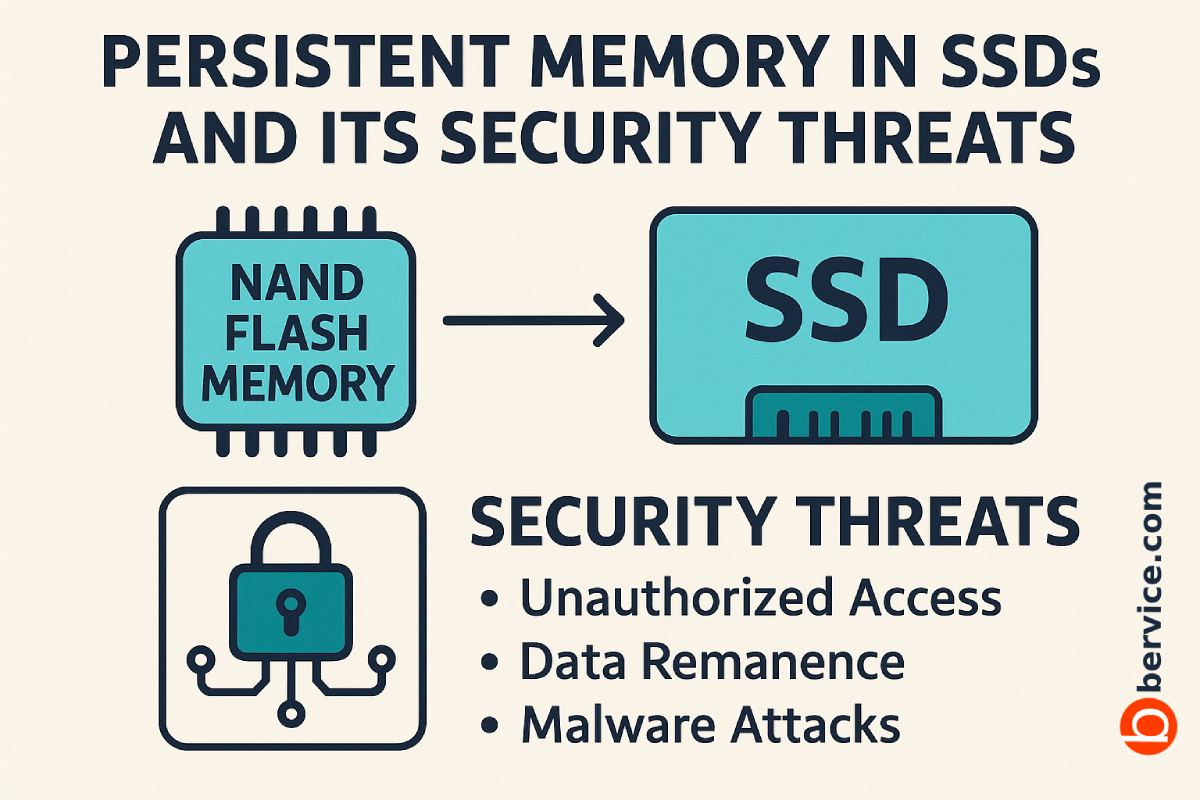-

Post-Quantum Cryptography (PQC) Securing the Digital World Against Quantum Computers
Introduction Why Cryptography Must Evolve Modern digital security is built on cryptographic foundations such as RSA, ECC, and Diffie–Hellman. These algorithms protect everything from online banking and cloud storage to messaging apps and national infrastructure. However, the emergence of quantum computing threatens to undermine this foundation entirely. Quantum computers, once sufficiently powerful, will be…
-

Post-Quantum Cryptography: What It Is and How It Protects Us from Quantum Attacks
Introduction The digital world depends on cryptography that was designed for classical computers. Protocols like RSA, Diffie–Hellman, and elliptic-curve cryptography (ECC) secure everything payments, messaging, software updates, VPNs, authentication.But here’s the uncomfortable truth: a sufficiently powerful quantum computer can break all of them using Shor’s algorithm. This is exactly why post-quantum cryptography exists. PQC…


